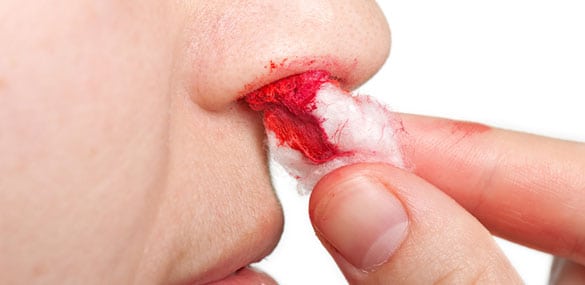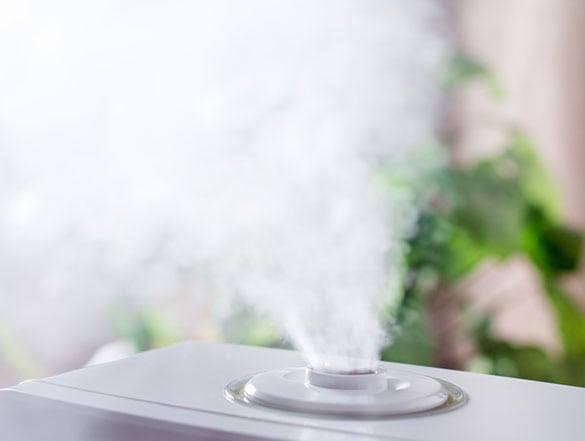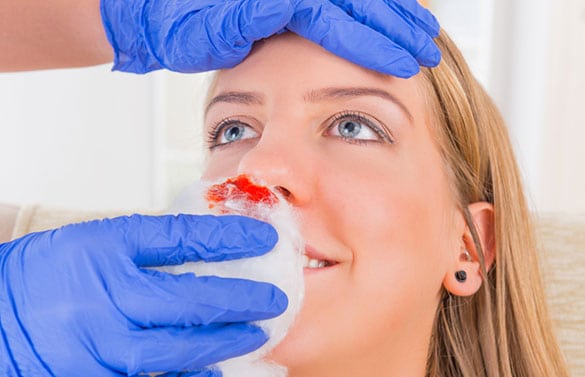
Most people will experience a nosebleed at some point in their life.
However, very few patients actually are prepared to handle nosebleeds because they’re usually unexpected. There are several things to be aware of concerning nosebleeds, including:
- Cause
- Prevention
- Treatment
What Causes Nosebleeds?
There can be several reasons why an individual may experience a nosebleed. In some situations, they can be a direct result of an injury. This is more prevalent in pediatric cases because adolescents are more likely to engage in contact sports.
Another common reason for nosebleeds is dry nose. Some patients naturally have a dry nose. Others may only experience this symptom seasonally as a part of allergies. Additionally, certain medications may include dry nose as a side effect.
The reason that dry nose can lead to nosebleeds is because the nasal cavities may lead to cracks on the surface. These cracks are highly sensitive and if they become irritated, they may bust and expose the underlying blood vessels.


How Can Nosebleeds Be Prevented?
The best prevention method for nosebleeds will depend on what the initial cause was determined to be. If the cause was an injury to the face, the chances of it recurring are low. However, if regular sports activity is expected, helmets or rules prohibiting certain types of contact may lessen the frequency.
More likely, the culprit is dry nose. In this case, there are several steps that may be taken to prevent bleeds. One simple way is to have a humidifier in your home or office. This will reduce the affect of dry climate on the nasal passages. T Another option is nasal spray. This applies moisture directly to the irritated site. Many of these are available without a prescription, but if the case is severe, a physician may recommend a higher strength spray.
Preventing Nosebleeds
It is commonly believed that a patient should tilt their head back to prevent the blood from flowing out of the nose. However, this is not typically the best course of action. In fact, doing so does not prevent blood loss, which is the most pressing concern. Tilting the head back causes the blood flow to reroute to the stomach, which may cause stomach discomfort later.
Instead, the best thing to do is lean the head slightly forward. This allows the patient to know exactly where the blood is going and how much of it is being lost. Then, apply pressure around the middle to lower part of the nose. This step aids the wound in beginning to heal, which will decrease the blood flow. Never lay down while the blood flow persists, because it can increase blood flow and cause a choking hazard.
Seek treatment if the blood loss is heavy enough or endures long enough to cause light-headedness. Also, if nosebleeds begin suddenly and keep recurring, you should talk to your doctor.


